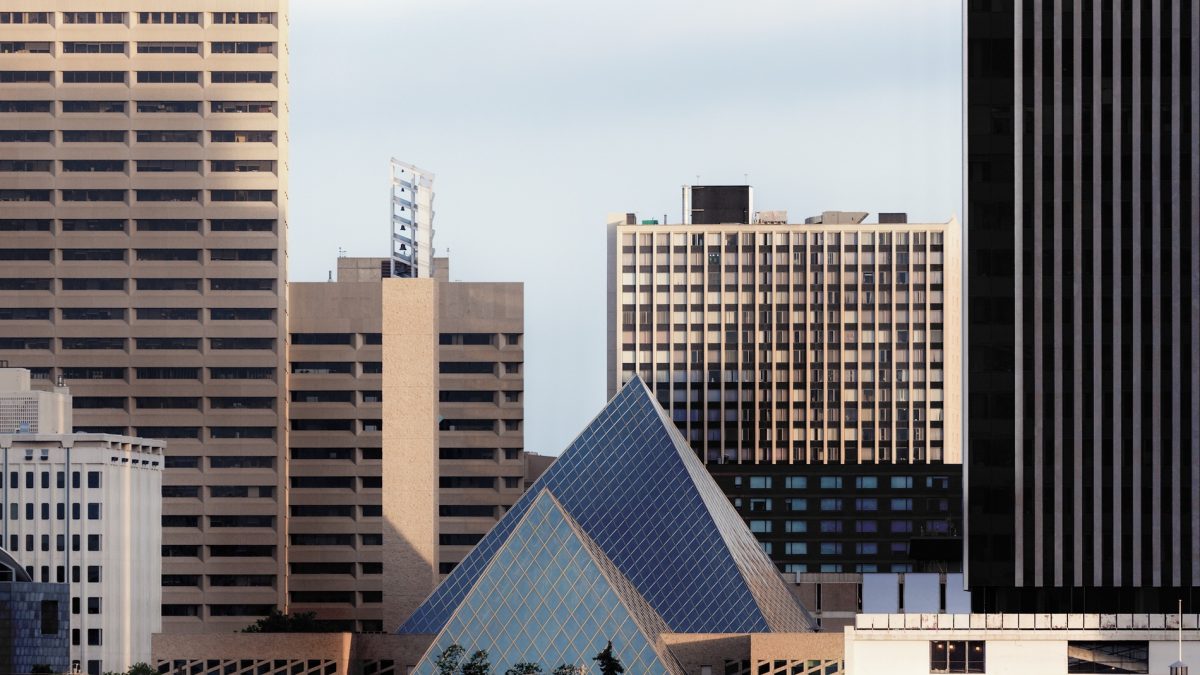In soccer, it’s called “parking the bus.” That’s when an overmatched team focuses solely on defending deep in their own half, with even the forwards ordered to play in the back, just to make sure the more talented team has no access to the goal.
The overmatched team considers it a victory if it can escape with a 0-0 stalemate. It’s terrible to watch, but, it’s a results-oriented business — and a scoreless draw is far better than getting waxed by four or five goals.
The next municipal election — despite the introduction of political parties to the process — promises to be a city-builder’s version of parking the bus. The candidates won’t be able to talk about big dreams or stretch goals — they’ll need to talk bluntly about limiting spending, rebuilding the City’s financial reserves and putting off big-ticket items. Even new, bright-eyed candidates will have to play the defence-first strategy.
The messages coming from City Hall are clear. As council prepares for its budget-adjustment talks, administration continues to warn of the depletion of the City’s reserves, the annual deficit and the need to address a maintenance budget that will require billions over the next several years. Administration clearly would like council to focus on core services, and to worry about fixing and replacing what the City already has, rather than extend LRT lines or build new rec centres.
(Look out for the October issue of Edify for the one-on-one interview with Interim City Manager Eddie Robar on how he sees the budget discussions playing out.)
But, really, this isn’t a new cry from administration. These warnings have been issued for years. The difference is that the message is really starting to stick.
“We voted to build all these megaprojects, and this is the reality we’re facing,” said Coun. Michael Janz. And, he added that this council must “share the wisdom” with those who will be elected in 2025.
That wisdom is simple — you can’t add any more expenditures.
Janz wondered out loud if the city has to put a pause on some current initiatives, like the approval of new suburban subdivisions.
Earlier this summer, I sat down with Coun. Jennifer Rice, and spoke about the financial challenges facing the city. We have seen the finger pointing from this current council at their predecessors and other levels of government; but Rice said this council needs to start pointing the fingers at themselves.
“We are not acting responsibly,” she said. “Why is it always the next council’s problem?”
According to the budget update, the City is projected to be running a deficit of over $34 million for 2024. That will force the City to dip even further into its reserves, which is already below provincially mandated levels. Replenishing that reserve will mean an annual tax hit of 1.6 per cent. And that’s only if the City stops dipping into the reserve next year and can hold the line.
There are lots of reasons for the deficit; transit revenue is in the red to the tune of $13 million. Staffing costs are creating a shortfall in excess of $14 million. The mounds and mounds of dirt that we’re still calling the Blatchford development is millions in the hole. Fuel costs are up. Inflation is killing the City’s financial managers in the same way that it’s killing our household budgets.
So, the City is asking all of the organizations it funds, from the Edmonton Public Library to Explore Edmonton to the Edmonton Arts Council, to rein in their spending.
“It’s reinforcing that all of us need to tighten our belts and focus on structural issues,” said Mayor Amarjeet Sohi.” What I want to know is if that message is being received by other organizations that we fund?”
So, what does that mean for the election? When that council is elected, one of its first major items of business is to set the 2027-30 capital budget. As Janz said, the wisdom that’s going to be passed down from this council to the next is to proceed with caution.
Knowing that they’re facing a budget process that will likely have no wriggle room, what the heck do you promise when you’re at the campaign door? After all, elections are all about promises. Better services. New rec centres. Transit expansion or an increase in service. Shiny new things.
But it looks like the mayoral candidates and wannabe councillors will be campaigning with their hands tied. “Make City Council boring again,” might be a slogan that one of the nascent municipal political parties might want to steal.
In 2021, Michael Walters decided not to defend his city council seat. Back then, he warned that the coming council was facing an economic crisis. From his interview back in 2021:
“I think what we need is an economic renaissance at City Hall, versus what we’ve had over the last four years, which is more of a social-policy City Hall It’s more about the city, what the citizens and business owners and people of Edmonton do, and less about what City Hall does. I think over the last four years, and even eight years to some extent, it’s really been about ‘City Hall is the city builder.’ It’s been about council and administration being the doers and innovators and all the attention has been on the things that we want to do. I think that needs to shift dramatically. It’s more about what the community of Edmonton — the business community, the not-for-profit community, the arts community, the people, the neighbourhoods — wants to do.”
Those warnings were not heeded by this council. In 2025, will the next council take on this wisdom? Because they’re walking into a kitchen where the cupboards are bare.
Savvy AF. Blunt AF. Edmonton AF.




